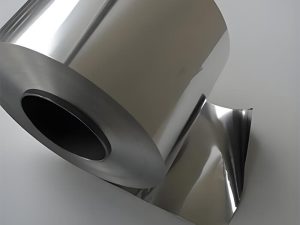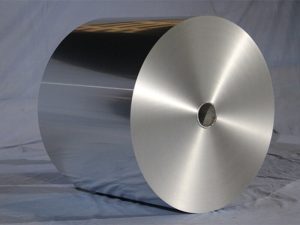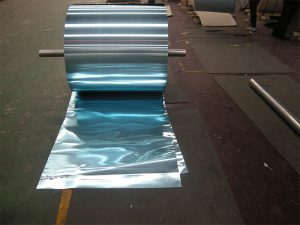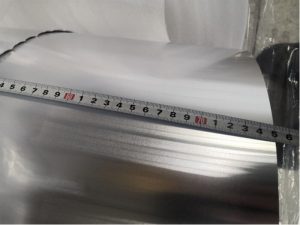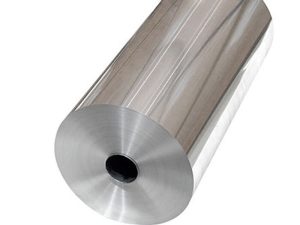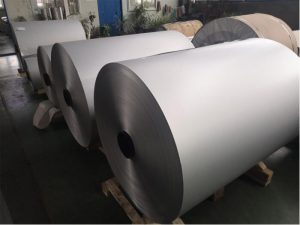Introduction
In the realm of heat exchanger technology, aluminum foil fins play a pivotal role in enhancing thermal efficiency and durability. At Wholesaler-Huasheng Aluminum, we pride ourselves on being at the forefront of this industry, offering a range of aluminum foil products tailored for heat exchanger fins. Our commitment to quality, innovation, and customer satisfaction is unparalleled, making us a trusted name in the global market.
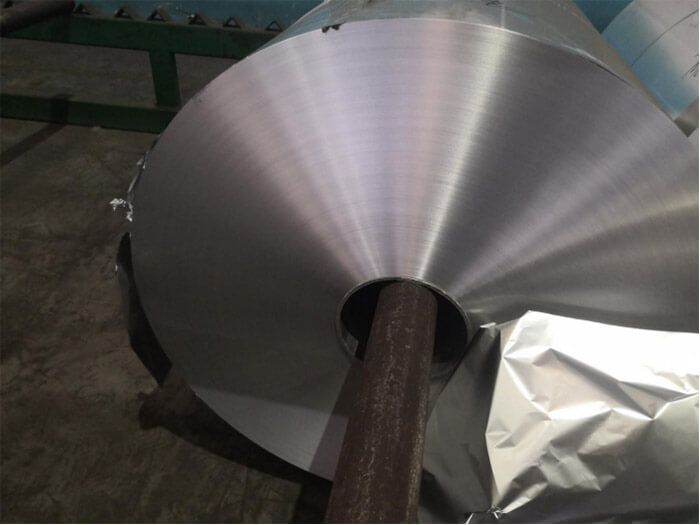
Understanding Heat Exchangers
Heat exchangers are ubiquitous in various industries, from HVAC systems to automotive radiators and power plants. They facilitate the transfer of heat between fluids or between a fluid and a solid surface, operating on the principle of thermal energy exchange due to temperature differences.
Types of Heat Exchangers
- Shell and Tube
- Plate
- Double Pipe
- Finned Tube
- Adiabatic Wheel
- Plate-Fin
- Regenerative
- Spiral
- Air-to-Air
- Plate and Shell
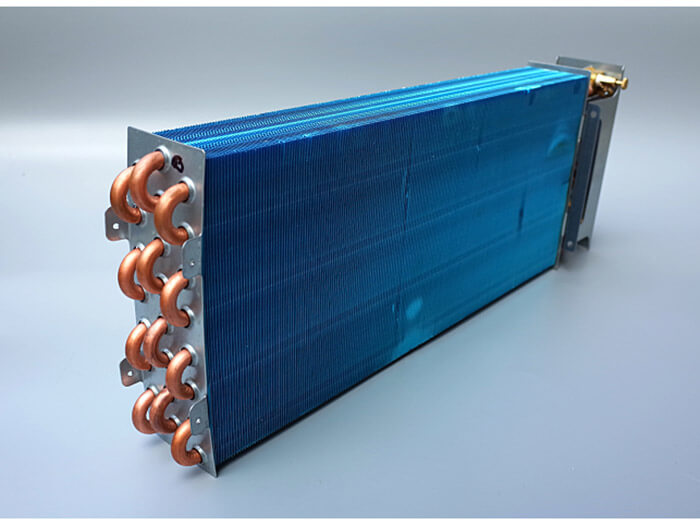
The Role of Aluminum Fins in Heat Exchangers
Aluminum is the material of choice for heat exchanger fins due to its exceptional thermal conductivity, lightweight nature, and resistance to corrosion. These fins increase the surface area available for heat exchange, thereby boosting the overall efficiency of the heat exchanger.
Typical Aluminum Fins for Heat Exchangers
1100 Aluminum Fins
- Properties: Soft, ductile, with high thermal conductivity.
- Applications: Commonly used in air conditioner fins for effective heat exchange.
3003 Aluminum Fins
- Performance: Moderate strength, good formability, and high corrosion resistance.
- Applications: Automotive radiator fins, suitable for various conditions in automotive cooling systems.
6061 Aluminum Fins
- Performance: Good strength, excellent corrosion resistance, and weldability.
- Applications: Fins in automotive engine heat exchangers, designed for harsh conditions.
5052 Aluminum Fins
- Performance: Good strength, corrosion resistance, and high fatigue strength.
- Applications: Marine heat exchanger fins, ideal for ship cooling systems.
- Features: High strength, good formability, and corrosion resistance.
- Applications: Fins in automotive air conditioning systems, specifically designed for this application.
Coated Aluminum Fins: A Game Changer
Coated aluminum fins have revolutionized the heat exchanger industry by offering enhanced corrosion resistance, improved heat transfer, and antifouling properties. Here’s how they stand out:
Benefits of Coated Aluminum Fins
- Corrosion Resistance: Extends service life in harsh environments.
- Improved Heat Transfer: Nanotechnology-based coatings provide smoother surfaces for better heat conduction.
- Antifouling Properties: Prevents the build-up of contaminants, ensuring stable heat transfer.
- Adhesion: Ensures fin durability under thermal cycling and mechanical stress.
- Temperature Resistance: Designed to withstand the temperature conditions of heat exchanger applications.
Coated Aluminum Fin Specifications
| Specification |
Description |
| Aluminum Alloy |
1100, 3003, 6061, 5052, or application-specific alloys |
| Coating Type |
Epoxy, Polyester, PVDF, or other specialized coatings |
| Coating Thickness |
Specified in micrometers or millimeters |
| Corrosion Resistance |
High resistance to environmental factors |
| Adhesion Strength |
Strong bond between coating and aluminum surface |
| Color and Aesthetics |
Varied colors and finishes for aesthetic considerations |
| Temperature Resistance |
Ability to withstand heat exchanger temperature conditions |
Applications of Coated Aluminum Fins
Coated aluminum fins are versatile and find applications across various industries:
- HVAC Systems: Enhances the performance of air conditioning and heating systems.
- Automotive Radiators: Crucial in the demanding conditions of vehicle engine bays.
- Refrigeration Units: Improves the efficiency of cooling processes.
- Automotive Condensers: Efficient cooling of the refrigerant in vehicle air conditioning systems.
- Industrial Heat Exchangers: Improves corrosion resistance and thermal performance in various industrial processes.
- Oil Coolers: Durability and resistance to corrosion in the presence of oil.
- Process Industries: Resistance to corrosive environments in chemical and petrochemical plants.
- Power Plants: Cooling water in condensers or transferring heat in various processes.
- Solar Water Heaters: Efficient transfer of solar energy to the water circulating in the system.
- Electronics Cooling: Dissipates heat generated by electronic components in devices and systems.
Product Comparison
When comparing our aluminum foil for heat exchanger fins to other products in the market, we stand out due to our focus on:
- Performance: Our fins offer superior thermal conductivity and corrosion resistance.
- Durability: Coated fins ensure longevity even in the most demanding conditions.
- Customization: We cater to specific industry needs with a variety of coating options and aluminum alloys.
- Cost-Effectiveness: While our initial costs may be higher, the long-term savings in maintenance and replacement make us a cost-effective choice.
